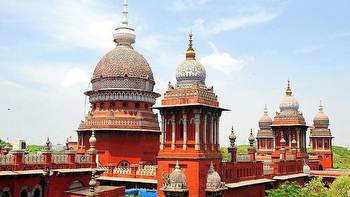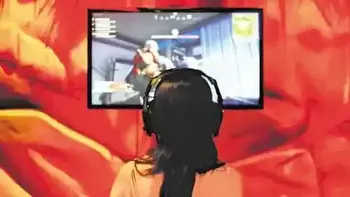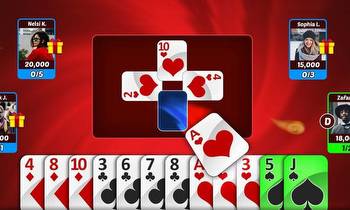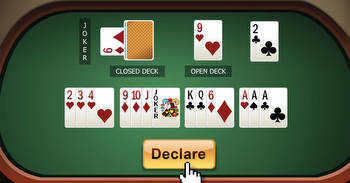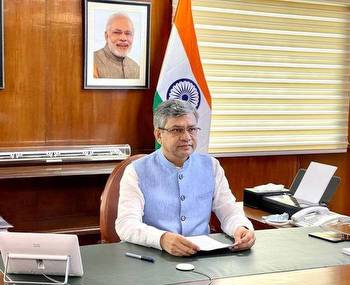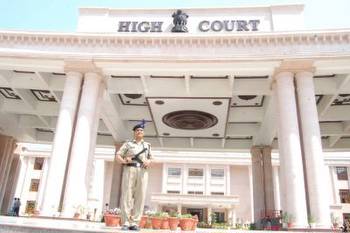Online gambling threat, can’t make profit at the cost of young lives: Delhi HC

Despite the presence of various provisions under the law, a large number of websites providing gambling, betting and wagering games continued to be accessible in the country, the petitioner said
By Richa Banka, Hindustan Times, New Delhi
UPDATED ON AUG 26, 2021 01:31 AM IST
The Delhi high court on Wednesday observed that online gambling is “dangerous” and portals cannot be allowed to make money at the cost of youngsters’ lives.
Agreeing to examine a plea seeking regulation of such portals, a bench of chief justice DN Patel and justice Jyoti Singh told the All India Game Federation: “We don’t want to join you as a party. Enough is enough. You just wait and watch..You are more concerned with your game and earning your money. But people are losing their money. Youngsters are committing suicide..You are concerned about earning at the cost of the lives of others. This cannot be at the cost of the life of youngsters..It (online gambling) is dangerous.”
The bench’s observations came as it refused to hear the federation in connection with the petition filed by one advocate and chartered accountant, Avinash Mehrotra, who contended that gambling, i.e. wagering on games of chance, was illegal as per the law and most state legislations had also forbidden the same.
Despite the presence of various provisions under the law, a large number of websites providing gambling, betting and wagering games continued to be accessible in the country, the petitioner said.
This plea also sought quashing of an order by the Centre last October, where it stated that it does not have the competence to block gambling and betting websites in India. On December 14, the court had issued a notice to the Union government on the plea and sought to know their stand.
In its response in an affidavit filed through standing counsel Anil Soni, the Centre said that framing laws and regulating online gaming platforms was a “state subject”. “Since gaming/gambling are state subjects, States are the appropriate governments to issue notice to the intermediaries to block access to any gambling websites. Thus the respondent no. 1 (MEITY) is not authorised to direct any intermediary to block any online gaming or gambling websites,” the affidavit said.
“It is submitted that as per the Allocation of Business Rules 1961, ‘Games or Gambling’ do not fall under the functional mandate of MeitY (ministry of electronics and information technology). MeitY is not the ‘appropriate government’ to regulate such online games. States being the ‘appropriate government’ have already enacted laws to regulate games/gambling activities, and some states have expressly framed laws to regulate online games also,” it added.
The Centre also said that several states had already framed laws to regulate online gambling and hence, it is for the Delhi government to formulate its policy.
MeitY, on the other hand, said that while the petitioner sought a complete ban on online gaming and betting across the country, he has not impleaded other states as a party.
“…the petitioner has not chosen to make any of the states (Sikkim, Nagaland, Telangana, Andhra Pradesh, or Tamil Nadu) which have brought out legislations that specifically regulate online gaming. Without hearing the views of the states (which are the ‘appropriate governments’ given the legislative mandate enshrined under the Constitution of India), effective adjudication is not possible in this case,” the ministry said.
It added that the legislative competence to determine whether a game is a game of skill or a game of chance or is involved in gambling (played with stakes or not) is conferred on the states or to the court of laws.
“MeitY does not possess the judicial wisdom to determine whether an online game is involved in gambling or not,” it added.
The court posted the matter for October 11 after the petitioner’s counsel said that he had not received the Centre’s reply.









